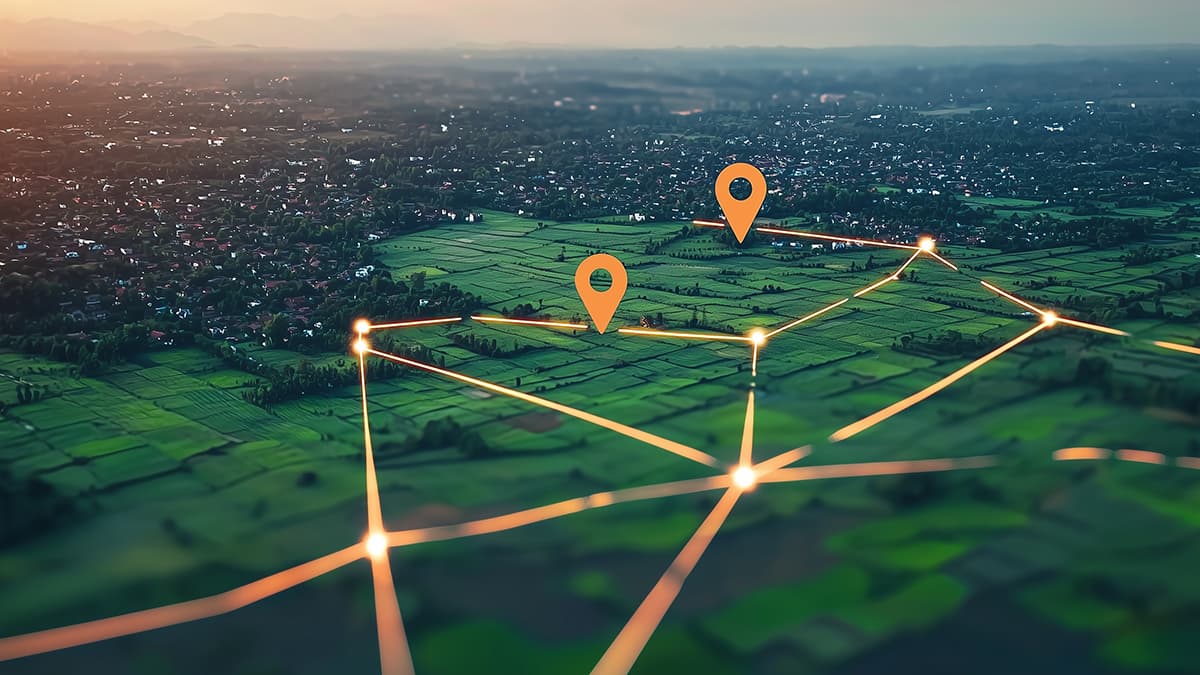As Kenya continues its rapid digital transformation, cybersecurity has emerged as a critical concern for both public and private sectors. With increasing internet penetration and the adoption of digital technologies across industries, the country faces growing cyber threats that could potentially undermine its economic growth and development goals. This blog explores the current cybersecurity landscape in Kenya, the challenges faced by organizations, and the urgent need for improved tools and technologies in 2024.
Kenya has made significant strides in digital adoption over the past decade. According to the Communications Authority of Kenya, internet penetration reached 94.4% in September 2023, with mobile subscriptions surpassing 65 million. This digital revolution has brought numerous benefits, including improved access to financial services, enhanced government service delivery, and new opportunities for businesses and entrepreneurs.
However, this rapid digitalization has also exposed the country to increased cyber risks. The Kenya National Bureau of Statistics reported that the country lost approximately KES 29.5 billion (USD 230 million) to cybercrime in 2022, highlighting the urgent need for robust cybersecurity measures.
.jpg)
Rising Cases Trigger Cybersecurity Concerns
- Increasing Sophistication of Cyber Attacks: Kenyan organizations are facing increasingly sophisticated cyber threats. The National Kenya Computer Incident Response Team Coordination Center (National KE-CIRT/CC) reported a 37% increase in cyber threats in 2023 compared to the previous year. These attacks range from phishing and malware to more advanced persistent threats (APTs) targeting critical infrastructure and sensitive data.
- Vulnerabilities in Critical Sectors: Key sectors of the Kenyan economy, including finance, healthcare, and government services, are particularly vulnerable to cyber-attacks. The Central Bank of Kenya has reported a surge in digital banking fraud, with losses amounting to KES 13.3 billion (USD 104 million) in the first half of 2023. This trend underscores the need for enhanced cybersecurity measures in the financial sector.
- Inadequate Cybersecurity Skills and Awareness: A significant challenge facing Kenya is the shortage of cybersecurity professionals. The Africa Cyber Security Report 2022 estimated that Kenya needs to train at least 10,000 cybersecurity experts by 2025 to meet the growing demand. This skills gap leaves many organizations ill-equipped to handle complex cyber threats.
- Regulatory and Policy Challenges: While Kenya has made progress in developing cybersecurity regulations, including the Computer Misuse and Cybercrimes Act of 2018, implementation and enforcement remain challenging. The lack of a comprehensive national cybersecurity strategy has left many sectors vulnerable to attacks.
The Need for Better Tools and Technologies in 2024
As we move into 2024, it is crucial for Kenyan organizations to prioritize cybersecurity investments and adopt advanced tools and technologies to protect their digital assets. Here are some key areas that require attention:
- AI and ML-powered cybersecurity solutions can help organizations detect and respond to threats more quickly and accurately. These technologies can analyze vast amounts of data to identify patterns and anomalies that may indicate potential cyber attacks. According to a report by Gartner, by 2025, AI will be a standard component in 75% of security software.
- As more Kenyan businesses migrate to the cloud, robust cloud security measures are essential. Organizations should invest in cloud access security brokers (CASBs), secure access service edge (SASE) solutions, and other cloud-native security tools to protect their data and applications in the cloud environment.
- The traditional perimeter-based security model is no longer sufficient in today's distributed work environments. Kenyan organizations should adopt a zero trust approach, which assumes that no user or device should be trusted by default, even if they are already inside the network perimeter. This model can significantly reduce the risk of data breaches and unauthorized access.
- SOAR platforms can help organizations streamline their security operations by automating routine tasks and improving incident response times. These tools can be particularly valuable for Kenyan businesses facing a shortage of cybersecurity professionals.
- Investing in threat intelligence platforms can provide organizations with real-time insights into emerging cyber threats and vulnerabilities. These tools can help security teams prioritize their efforts and make informed decisions about resource allocation.
.jpg)
The Role of Government and Private Sector Collaboration
Addressing Kenya's cybersecurity challenges requires a collaborative effort between the government, private sector, and international partners. Some key initiatives that should be prioritized include:
- Developing a comprehensive national cybersecurity strategy that aligns with international best practices and addresses the unique challenges faced by Kenyan organizations.
- Investing in cybersecurity education and training programs to address the skills gap and build a robust cybersecurity workforce.
- Establishing public-private partnerships to share threat intelligence and best practices for cyber defense.
- Strengthening regulatory frameworks and enforcement mechanisms to ensure compliance with cybersecurity standards across all sectors.
- Encouraging innovation and investment in homegrown cybersecurity solutions tailored to the Kenyan context.
As Kenya continues its digital transformation journey, cybersecurity must be at the forefront of national and organizational priorities. The adoption of advanced tools and technologies, coupled with investments in skills development and collaborative efforts between the public and private sectors, will be crucial in building a resilient digital ecosystem.
At CSM, we endeavour to support federal and provincial government entities to strengthen their cybersecurity initiatives and aid in capacity-building of existing facilities and personnel.
Read more about our cybersecurity services: www.csm.tech/africa/service/it-facilities-cybersecurity-partner-services/





























.jpg)





























We will verify and publish your comment soon.